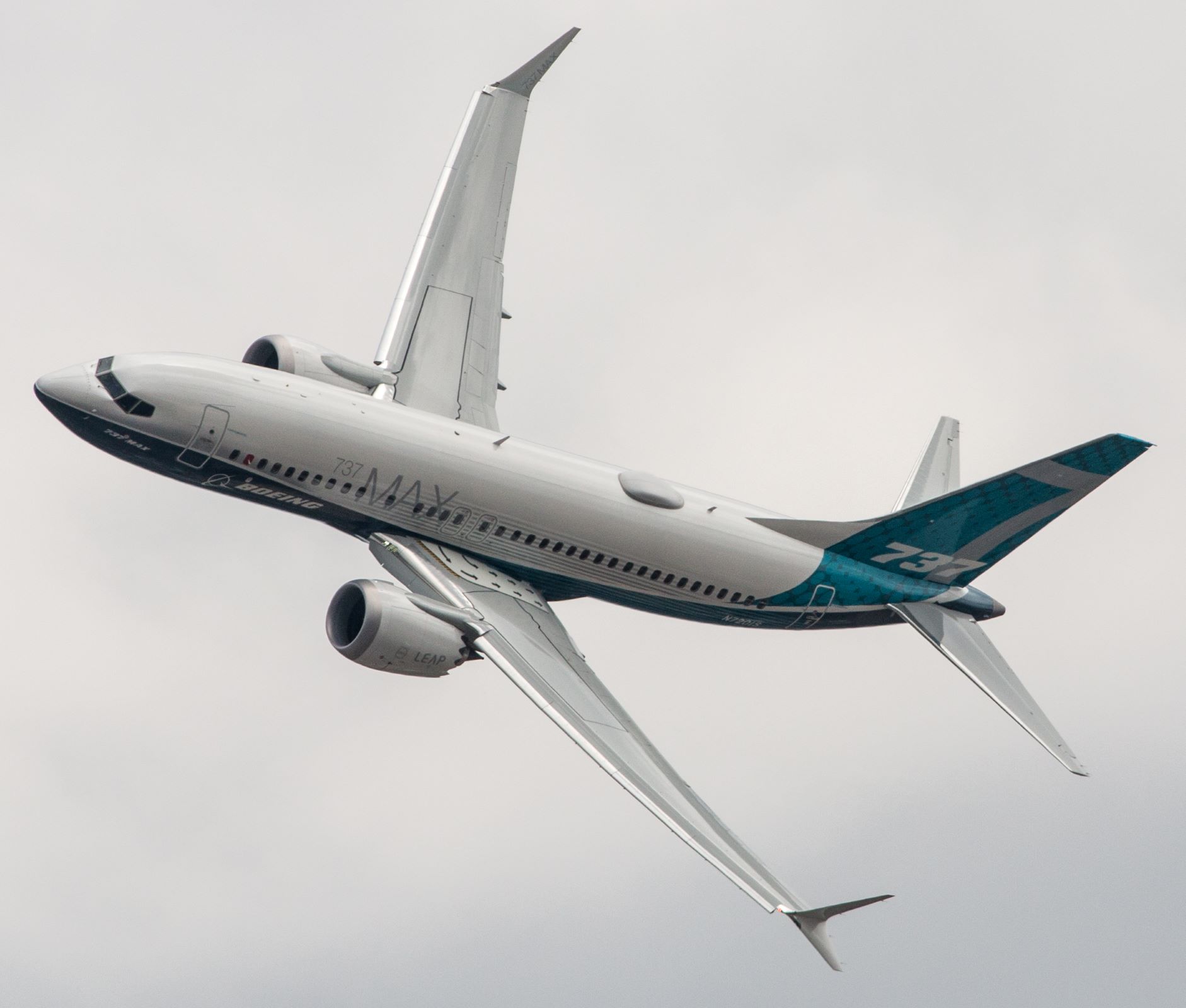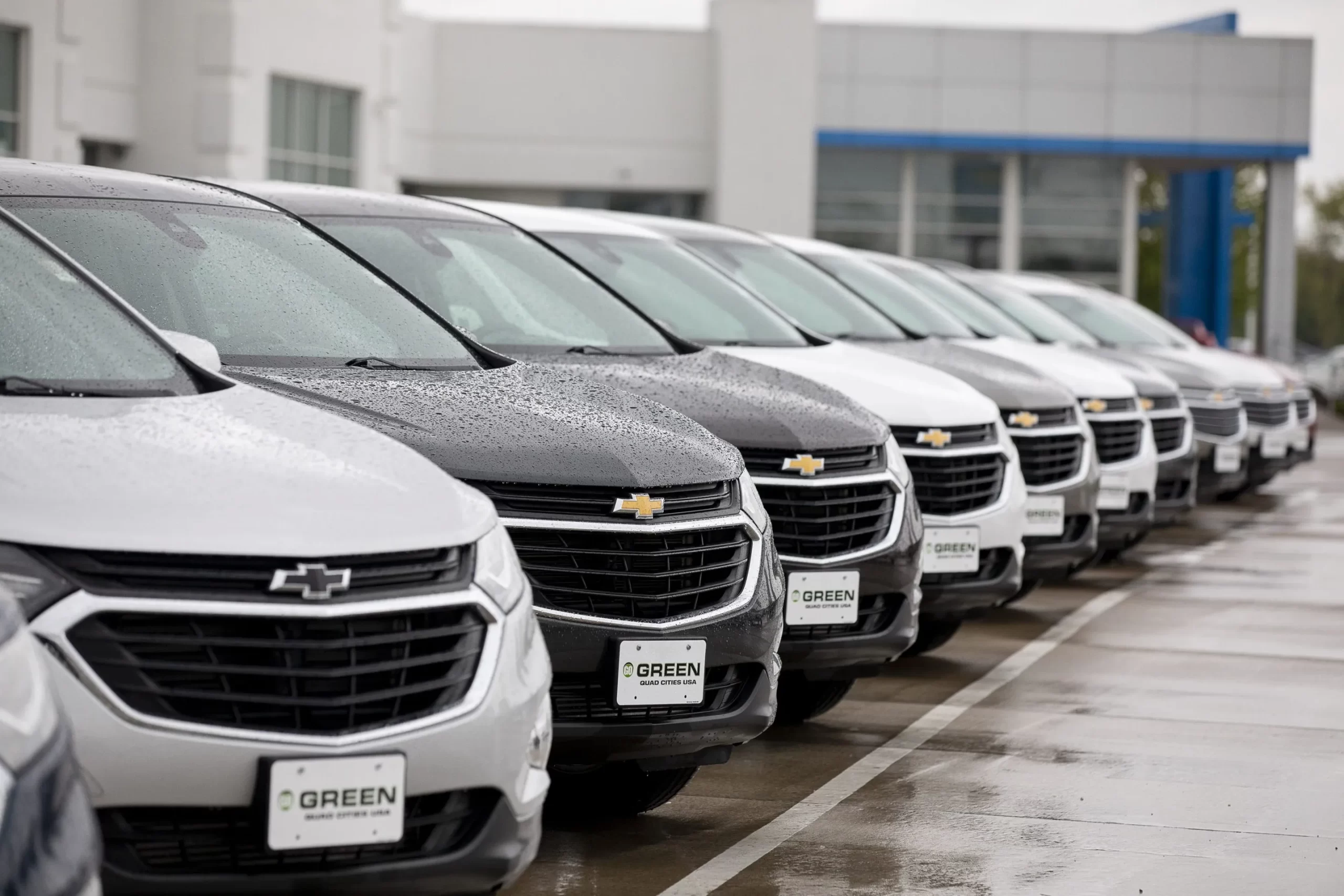On Tuesday, several airline CEOs voiced concerns over Boeing’s latest Max crisis, indicating a need to reassess growth plans for the current year and potentially beyond.
Their remarks underscore the impact Boeing’s challenges are having on its major customers, including escalating quality control issues, slow production ramp-up, and delayed certification of new aircraft.
Southwest Airlines, reliant solely on Boeing 737s, adjusted its 2024 capacity forecast and is reevaluating its financial guidance for the same year due to fewer Boeing deliveries than anticipated.
CEO Bob Jordan emphasized the necessity for Boeing to improve, stating,
“Boeing needs to become a better company, and the deliveries will follow that.”

Similarly, Alaska Airlines cited uncertainty around aircraft deliveries, attributed to heightened scrutiny on Boeing and its operations by the Federal Aviation Administration (FAA) and the Department of Justice.
United Airlines CEO Scott Kirby revealed that the airline has requested Boeing to halt Max 10 production and focus on producing more Max 9s, already certified and in operation. The uncertainty surrounding Max 10 certification has prompted United to devise fleet plans excluding the model.
In response to delays in aircraft deliveries, United informed staff of a pause in pilot hiring this spring.
The frustration among airline executives has grown, particularly since Boeing’s recent crisis involving a door panel incident on a Max 9 plane during an Alaska Airlines flight in January. This event intensified scrutiny on Boeing, prompting investigations into manufacturing processes.

Boeing reiterated its commitment to enhancing quality control across its production system and addressing regulatory requirements. The FAA has suspended Boeing’s planned output increases due to identified non-compliance issues in manufacturing processes.
Boeing’s CEO, Dave Calhoun, and other leaders have pledged to address quality control issues, implementing work pauses to discuss concerns with employees.
Stan Deal, CEO of Boeing’s commercial airplanes unit, announced plans for corrective actions, including ensuring employee compliance with manufacturing procedures and conducting regular audits.
Deal emphasized the importance of reporting safety hazards promptly, empowering employees to raise concerns through established channels to mitigate risks.







Leave a Reply